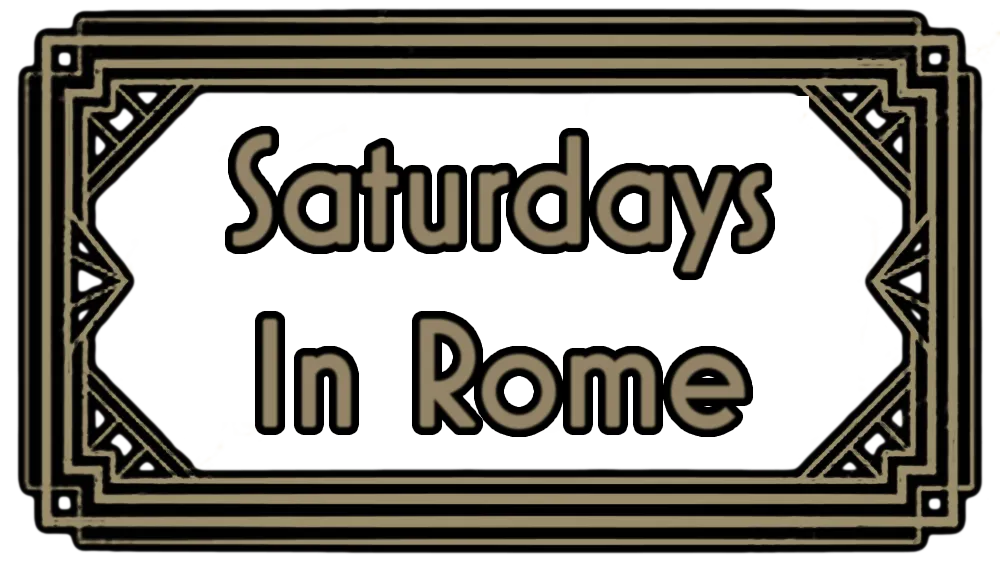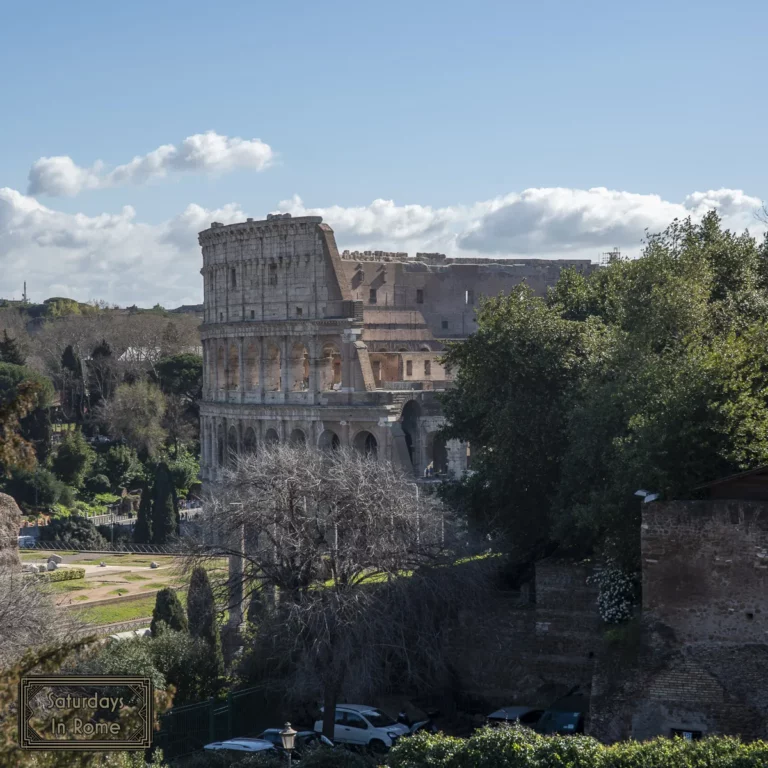The Roman Dialect Is Tricky And We Are Here To Help You
Understanding the Roman dialect can be a challenge for even the most advanced language learner, but for other visitors to Rome it can be downright frustrating.
When I started learning the Italian language, I thought I would only be concerned with standard Italian. Teachers had explained to me that while there are dialects in Sicily, Naples, Veneto and other former city-states (before unification), all Italians are taught proper, standard Italian so there will be no problem if you learn the formal language.
The Language Spoken In Rome
My experience has been slightly different and very inconsistent. The zenith of my frustration was when I needed to go to a municipal office (Municipio) here in Rome and the person responding to my questions was trying to be helpful and thorough. He replied to my question with a detailed answer but I literally understood nothing.
Need Help Planning?
- Cheap Flights: Find The Most Affordable Flights.
- Accommodations: From 1 to 5 Stars And More.
- Car Rentals: Affordable Travel Across Italy.
- Sightseeing Tours: Explore Some Amazing Tours.
- Buying An eSIM: Stay Connected In Italy.
This post includes affiliate links.
Not a word nor a phrase. I stood there dumbfounded, considering if I should just thank him, turn around and leave, but my issue was important and I couldn’t avoid or delay a resolution. I explained that I am still learning the language and could he please repeat what he said.
He immediately understood the problem, made a joke about how he too is still learning Italian and replied clearer and slower. I understood probably 75% of his response, which was more than enough to resolve my issue, and I felt like I successfully climbed the mountain of Italian bureaucracy.
Easy Italian Phrase Book
Learn more than 1500 common Italian phrases that will come in handy when you are traveling to Italy. Start now!
This experience was jarring for me because even though I have been studying the language for years, have passed multiple exams (A1, A2 and B2) and have been told repeatedly that I’m at an intermediate level, I was confused how I understood nothing in the initial encounter. The excuse that I told myself was he wasn’t speaking Italian, but rather was using a dialect. No problem.
The Roman Dialect – Romanesco
I have since spoken to multiple language teachers and it has been explained to me that there is no Roman dialect and the challenge was only the speaker’s speed and accent. Once I told him I was still learning, they believed all he did was slow down and speak clearer. I definitely trust my teachers, as they are trained and experienced educators, but there is also a ton of conflicting information online so I wanted to wade into this a bit deeper and try to get a better understanding of my challenges with the Italian language. My thinking is that if I can identify the specific challenge I’m encountering, I can attack it and overcome it.
Rick Steves Italian Phrase Book
Don’t go anywhere without one of Rick Steves’ amazing travel guides, and this phrase book will help you navigate Italy even better!
Italian Dialect Definition
The first step in my voyage of discovery is to understand the definition of a dialect. It isn’t clear why some people are certain there is no dialect and others are certain that there is one. Let us start with the definition of a dialect from the American Dictionary:
“a form of a language that is spoken in a particular part of a country or by a particular group of people and that contains some words, grammar, or pronunciations (the ways in which words are said) that are different from the forms used in other parts or by other groups”
Ok, so this is a pretty general definition and I don’t know if it is really helpful. To paraphrase, a dialect is a spoken language that contains some words different from other groups? Where do I begin with how meaningless that is.
So if I’m in a subculture, like someone working in technology, and I use phrases only we use and understand, then we are speaking a dialect? I don’t agree. There is terminology that every subculture or group uses that isn’t common usage, but it’s just another part of the same language.
Another way of determining if there is a Roman dialect is to consider how close to Italian it is. The language spoken in Rome is more similar to standard Italian than the dialects used in any other part of the country. An example is with the Neapolitan or Sicilian dialects, which are very different from the standard Italian language and more than just a few phrases that only they speak. I believe this is how my teachers were defining the existence of a dialect, by determining if it’s close to Italian or an entirely new language and not just a few idiomatic phrases.
Different Dialects Of Italian
There are some very well defined dialects in Italy that go beyond the few regions I’ve already mentioned. Here are some examples:
Florence – In Florence there is a very famous accent because they aspirate the “c”’s. For example, say “Vorrei un Coca Cola perché fa caldo” substituting the “c” with an “h” sound. I wouldn’t expect that this is a dialect but more of an accent.
Naples – This dialect is recognized by UNESCO as a real language and you can hear it in the Naples’ area and in the Campania region. It differs from the Italian language because of its Greek origins and this would be a dialect.
Sicily – Sicily has a language made of many influences due to its strategic location with Greeks and Arabs. There are many more ancient civilizations that generated a mixed language that nowadays is still studied. Because it is a different language, it would be considered a dialect.
Veneto – In the north of Italy, there is the Venetian dialect for sure!
Liguria – The Ligurian dialect is one of the most recognizable dialects of the north of Italy. There are many variations of this dialect but the core dialect is the one spoken in Genova.
Sample Romano / Romanesco Accents
Despite the disagreement on whether there is or isn’t a dialect, there are a number of examples of the accent, idioms and pronunciation differences that are important for anyone learning the language and planning to visit or move to Rome. I’ve included (above and below) some descriptions or examples of the Roman dialect, accent and slang that are fun and helpful.
Trying To Understand Italian Culture
L’Italiano Per La Cucina
Have fun learning Italian while cooking some amazing and traditional recipes from Italy. I completed the entire book and it was delicious!
If you are trying to understand Roman dialect better, or if you just enjoy learning about the cultural differences between Italy and the US, check out some of these other posts:
- How To Learn Italian Using Fun and Practical Methods.
- Italian Language Classes Around The US Are Here For You!
- These Italian Superstitions Need To Be Understood And Loved.
- The Best Way To Learn Italian Online Is Waiting For You.
- Is It Illegal To Speak English In Italy For Anyone?
- 13 Idiomatic Expressions In Italian You Need To Learn!
- Learn What Is Considered Rude In Italy Without Embarrassment.
- Mastering The Italian Keyboard Layout And The Alphabet.
- How To Make Friends In Rome While Embracing The Culture.









